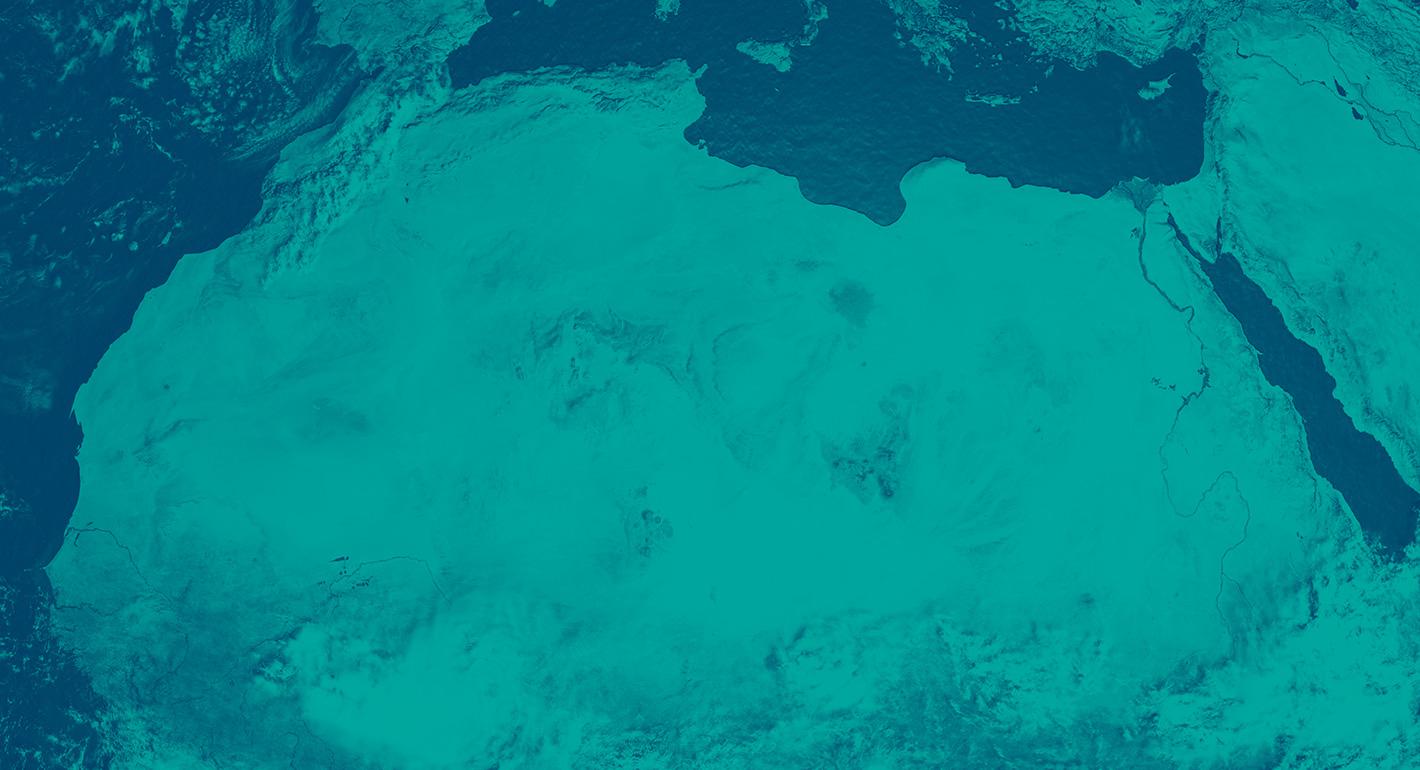Registration
You will receive an email confirming your registration.
Despite Egypt’s possession of numerous economic resources, the country’s economic growth has yet to sufficiently reflect these advantages and meet the aspirations of the population. The country has also been facing a growing debt crisis as a result of deeply-rooted structural weaknesses and adverse shocks that have hit the global economy. And while Egypt has engaged in repeated IMF programs over the years, it has so far struggled to control its budget deficit, achieve macroeconomic stability, and emerge from its recurrent debt and financial crises. How did Egypt arrive at this juncture? How are politics shaping the government’s policy decisions? And what kind of reforms are needed to ensure sustainable growth and development and achieve a more equitable distribution of wealth?
To delve deeper into these issues, the Malcolm H. Kerr Carnegie Middle East Center and the Carnegie Endowment for International Peace are organizing a hybrid event, in collaboration with American University in Cairo Press, on November 15, at 10 a.m. EST, 5:00 p.m. EET. The event will take place at the Carnegie Endowment for International Peace in Washington, D.C. and will also be livestreamed. The speakers will be Khalid Ikram, Heba Nassar, Timothy Kaldas, and Mirette Mabrouk. The discussion will be held in English and moderated by Nur Arafeh, a fellow at the Malcolm H. Kerr Carnegie Middle East Center.
For more information, please contact Najwa Yassine at najwa.yassine@carnegie-mec.org.
